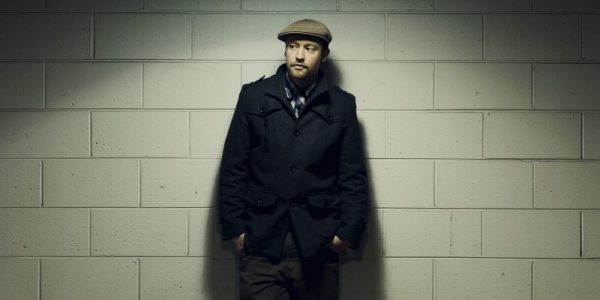It feels as though Wainwright has been a pivotal part of the folk scene for an eternity – probably due to her family legacy and her enigmatic personality – and it comes as a surprise that this is only her third studio album of original songs.
“The songs take me a while to write and then there’s all this other life that happens that I get very distracted by,” Wainwright says as she folds laundry. “I’m a lazy artist in a way, I think, but hopefully when I do make records they show the time and energy; a lot goes into each one.”
A lot of her soul and story goes into each one as well and it is as though Wainwright’s audience have been intimately acquainted with her struggles in life. So many artists pour they’re heart out in their music, insist on only speaking about their music in the media, and then close up when anything personal is asked as though metaphor is the language they speak. Wainwright has never been that way.
“Maybe it comes from an inability to be intelligent about,” she laughs. “Creating a persona would’ve probably made my life a lot easier and certainly more marketable and probably safer with something to hide behind. But I love attention and I’m in a position in my career where there have been a lot of ups and downs and it’s really not a huge success story, it’s just really me doin’ it.
“I do get to do things like play the Sydney Opera House but there are nights where it’s really not that great too, I don’t sell a lot of records, there’s not a big label or a lot of money behind me so I guess I don’t have much to hide because I want to talk to people and reveal myself. There’s so little persona in the music that it strikes me as impossible to create one for the sake of speaking. I think it’s also too late.”
Her modest view of her own career seems to contradict the view her audience has of her. She has collaborated with Pete Townsend, Donald Fagen of Steely Dan, Snow Patrol and countless other artists while tracks off her self-titled debut album managed to etch into the cultural psyche of folk music lovers. But to her, she’s just plodding along, doing the best she can.
“Bloody Mother Fucking Asshole or Factory, these are songs that had a lot of meaning for me when I first wrote them and now they’ve taken on everyone’s meaning and then all of a sudden you’re doing it for them. That’s great when that happens; that’s when you know you’ve done something. It’s great because then you don’t have to steer the shitty ship, then you’re off to the races and everyone’s having a good time. That’s pop success but I’ve only seen a glimmer of it.”
While husband Brad Albetta has been her producer in the past, Wainwright and Albetta felt, for many different reasons, that she needed to break out of that routine. She recorded her album at Sean Lennon’s home studio with artist and producer Yuko C. Honda. Wainwright touches on the ultra-artistic feel of the studio – never knowing when she entered the house whether she would walk into a sea of naked models being painted by a house full of heavily hallucinating artists or a warm lounge room with tea waiting for her – but the latter seems to have been the more important aspect for her.
“It was actually Brad’s idea,” she says. “In a sense that after going through my mother’s death – who he was very close to – and having a kid together, buying a house together, playing in a band together, having made records together, it was like, ‘I don’t wanna go through the fighting that comes with all of that’. To simplify things, at least in the moment, it seemed to be a good idea. It was also a way for me to escape, leave the house and enjoy someone else’s company. The other reason that must be said is that I met some other producers – guys, because it’s always guys, men produce records – and they were nice and they all had a similar vision and I had a very strong feeling that I needed to work with a woman and an artist.
“I was really spent, I was emotionally spent after writing the songs and I had an infant child and I felt that my work had been done in writing the material and I wanted someone to take hold of it. I knew Yuko could do that and I knew that she’d take care of me. I knew she’s offer me tea and tell me that I look pretty and tell me that my voice was nice and tell me that I was good and all these things I needed to hear.”
BY KRISSI WEISS







